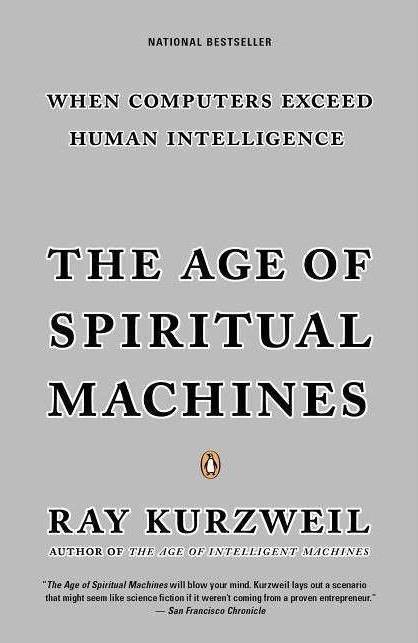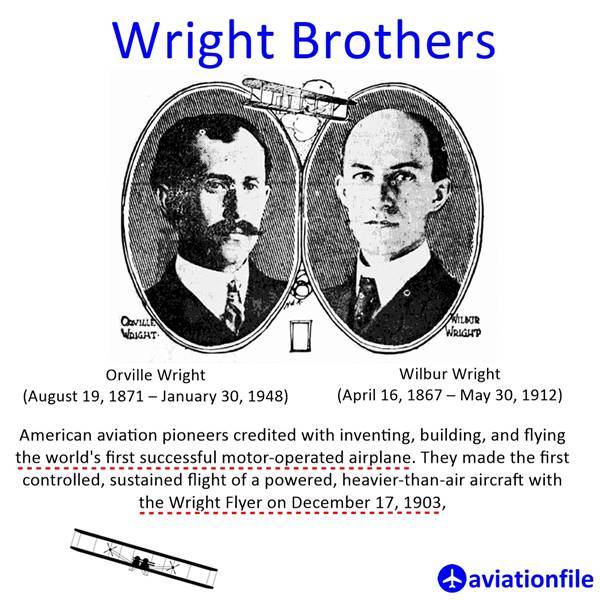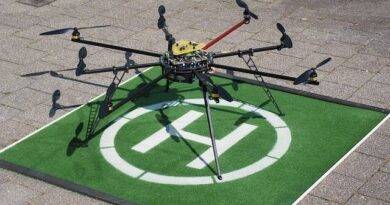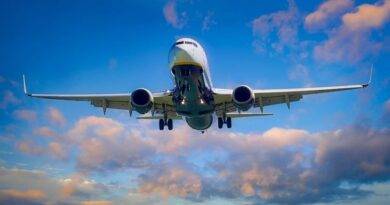Philosophy of Flying
Flying has been a dream of humanity since ancient times. From Icarus to Leonardo da Vinci, humans have always been fascinated by the idea of soaring in the sky. However, it was only in the last century that flying became a reality for the masses. The philosophy of flying encompasses many different aspects, from the thrill of flying to the impact of aviation on society and the environment. In this article, we will explore some of the key ideas and references in the philosophy of flying.
First and foremost, the experience of flying is often described as awe-inspiring and transformative. In his essay “The Experience of Flying,” philosopher Peter Sloterdijk argues that flying is a “genuine transformation of the human condition.” He describes the experience of being suspended in the air as a moment of freedom and weightlessness that has a profound impact on our perception of the world. Similarly, philosopher Gaston Bachelard argues in his book “Air and Dreams” that flying is a metaphor for the human imagination and the ability to transcend our physical limitations.
The Age of Spiritual Machines
However, the impact of aviation on society and the environment cannot be ignored in the philosophy of flying. In his book “The Age of Spiritual Machines,” inventor and futurist Ray Kurzweil predicts that the rise of aviation will lead to a more interconnected and globalized world. However, he also acknowledges the environmental impact of aviation and the need for sustainable alternatives.

Philosopher Paul Virilio has also explored the relationship between aviation and society in his book “The Original Accident.” He argues that the speed and efficiency of aviation have created a culture of risk and a lack of appreciation for the fragility of human life. In his view, aviation is a symbol of the modern world’s obsession with speed and efficiency at the expense of human values.
Another important aspect of the philosophy of flying is the role of technology. In his essay “Aviation and the Future of Technology,” philosopher Hans Jonas argues that aviation is a key example of humanity’s ability to harness technology for our own purposes. He suggests that the development of aviation has the potential to lead to a more sustainable and equitable world if we use technology wisely.
The Wright Brothers
Finally, the philosophy of flying also encompasses the idea of human achievement and progress. In his book “The Wright Brothers,” historian David McCullough explores the incredible determination and innovation of the Wright brothers, who achieved the first sustained flight in 1903. He argues that their achievement was not just a technological breakthrough, but also a testament to the power of human perseverance and ingenuity.

In conclusion, the philosophy of flying encompasses a wide range of ideas and perspectives, from the transformative experience of flight to the impact of aviation on society and the environment. Philosophers and thinkers have explored these ideas in depth, offering insights into the meaning and significance of flight in our lives. Whether we see flight as a symbol of human achievement or a reminder of our fragility, it is clear that flying has a profound impact on our perception of the world and our place in it.
References:
Bachelard, G. (1988). Air and dreams: An essay on the imagination of movement. Dallas Institute Publications.
Jonas, H. (1998). Aviation and the future of technology. In The Dream of Enlightenment: An Essay on the Enlightenment Attitude Towards Modern Science, Politics, and Religion (pp. 235-247). Springer Netherlands.
Kurzweil, R. (2000). The Age of Spiritual Machines. Penguin.
McCullough, D. (2015). The Wright Brothers. Simon and Schuster.
Sloterdijk, P. (2014). The experience of flying. In In the World Interior of Capital: Towards a Philosophical Theory of Globalization (pp. 71-94). Polity.


